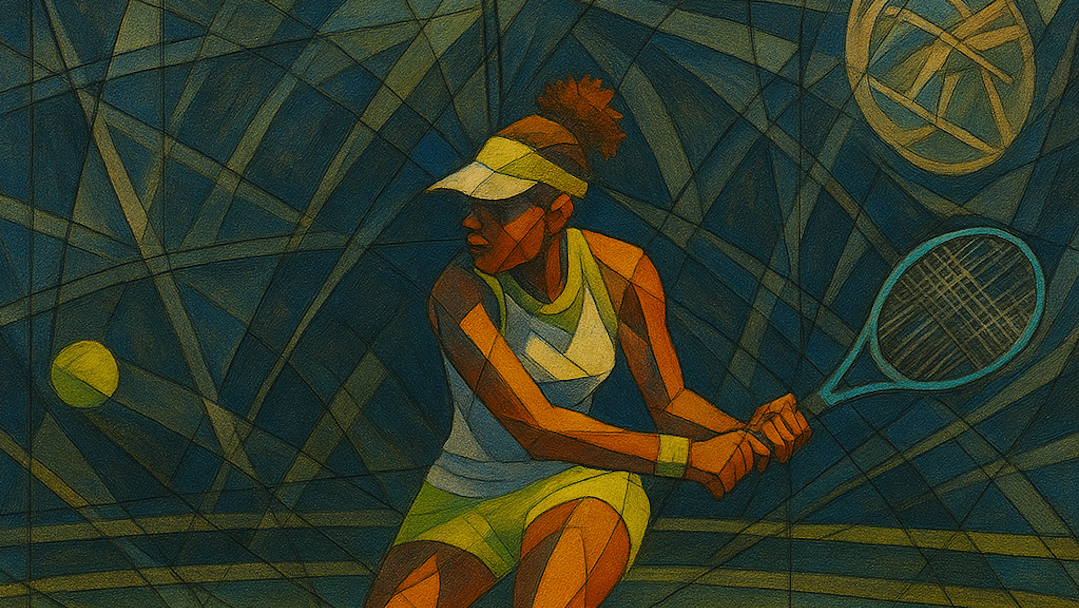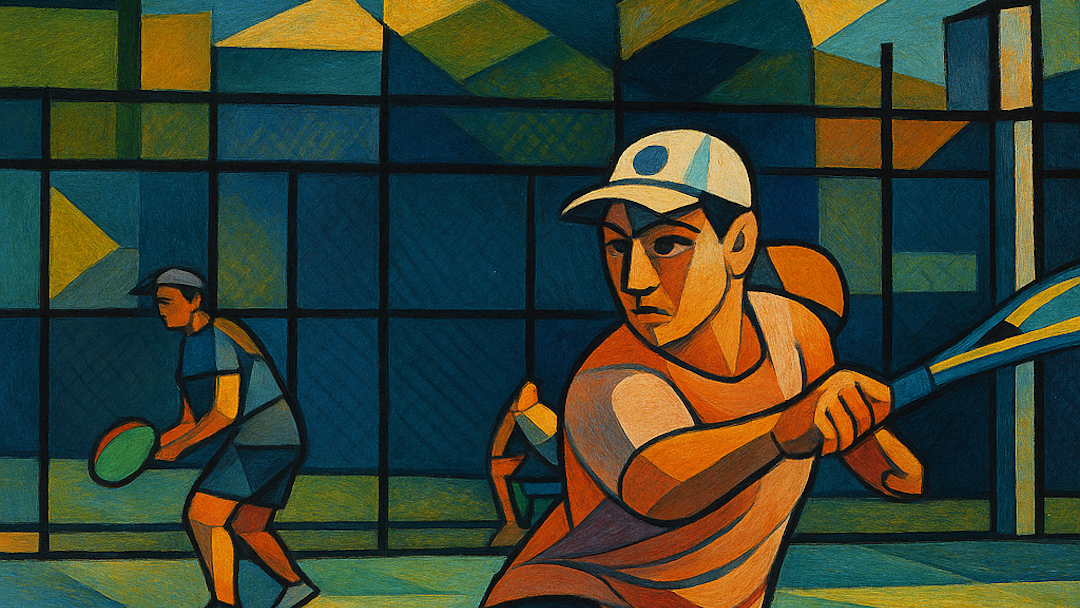Netflix has recently released the much-anticipated docuseries Carlos Alcaraz: My Way. The three episodes of this show are positioned as an intimate look at the rise of the young tennis star. In the past, I have frequently mentioned that I am not a big fan of biographies written about athletes in the early stages of their careers or who are still actively competing. Those narratives rarely offer lasting insight because their story is still unfolding. Worse, those accounts are frequently nothing more than a thinly veiled personal branding campaign designed to enhance their image. While My Way is an authorized docuseries rather than a book, it still falls under that general umbrella for me. I guess that is what the kids do these days — they make movies instead of writing books.
Nevertheless, I enjoyed all three episodes, and the show reveals a lot about Alcaraz. His relationships with his family and friends are a dominant part of his life, illustrated by shared meals in a modest family kitchen and a tour of his childhood bedroom where he lives. While his tennis accomplishments at this point in his career are amazing, this docuseries reveals that he is far from what may one day be his full maturity. Alcaraz is still basically a big kid with a lot of room to grow.
In many ways, the Netflix fingerprints are all over this docuseries. The production and editing seem to reflect lessons learned from the two seasons of Break Point. For example, focusing on only one player sidesteps the perils of featured players losing out early from tournaments, leaving the show without a climactic ending. While My Way roughly followed the 2024 season, the show frequently used a non-linear storytelling format by interspersing footage from previous years and material from Alcaraz’s junior playing days. All that smoothed the storyline.
At the same time, Netflix couldn’t resist using the My Way docuseries as a platform for retroactive self-promotion of the Netflix Slam, the exhibition match between Alcaraz and Rafael Nadal that was streamed live from Las Vegas. That inclusion feels like a calculated move to extend the life and visibility of the exhibition, rather than adding significantly to the narrative. To me, it served as yet another stark reminder that sports storytelling frequently doubles as marketing.
Better was the storyline of Alcaraz and Nadal teaming up for doubles at the Olympics. While Netflix couched their quick elimination from that event as an example of pressure getting to both players, true fans should not have been surprised by that outcome. Despite their combined star power in Singles, neither plays doubles enough to be remotely competitive in that discipline. While the result undoubtedly disappointed casual viewers and Netflix producers, the Olympics still provided more than enough of a premise to draw the inevitable comparisons and contrasts between the two Spaniards.
Toward the end of the third episode, I started wondering if My Way was created less to shape Alcaraz’s public image and more to hold up a mirror to him. The extended scenes of him partying with friends in Ibiza and taking time off immediately before competing at Wimbledon are not what is considered professional in the sport. His desire to have fun and avoid burnout feels honest, but this docuseries may have been an attempted exercise of self-reflection that his team wanted him to experience through the 3rd person perspective gained through the lens of a camera.
The series concludes with Alcaraz reflecting that happiness is his ultimate goal. However, even that sentiment feels a bit too tidy—like a carefully scripted ending meant to tie things up with a neat emotional bow. At times, My Way plays less like a documentary and more like a gentle reminder that Alcaraz is still, in many ways, an overgrown kid with a lot of growing up to do. The final moments show everyone on his team expressing the same wish: that he stays happy.
Then again, what else could they say?



